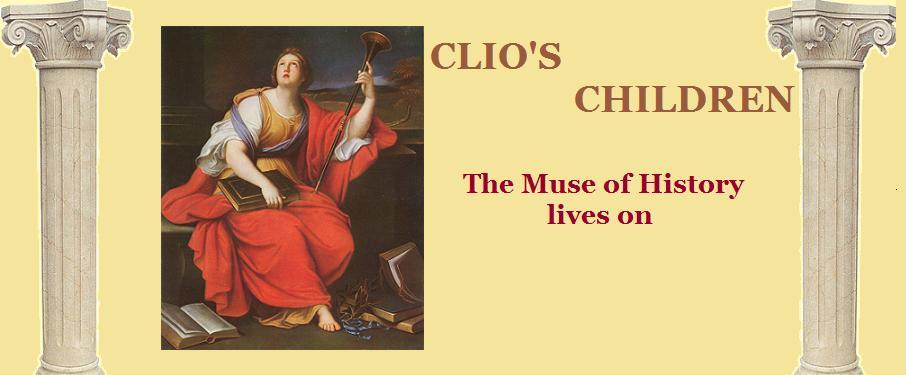
Maria Anna Mozart
(30 July 1751 – 29 October 1829)
Musician
(30 July 1751 – 29 October 1829)
Musician
Maria Anna Mozart, beloved nicknamed Nannerl, was the elder and only sister of Wolfgang Amadeus Mozart. As children, both were considered gifted musical prodigies and their father, Leopold, arranged tours to display their talents to the masses in the grandest capitals of Europe. Both children could play the most challenging pieces and could compose into notes any song they heard.

They enjoyed a pleasant childhood, indulging their musical creativity and creating their own childish kingdom. As Nannerl and Wolfgang’s musical genius progressed into composition, her adoring younger brother greatly praised and encouraged her work. At a concert, when he announces that the piece he has just played was written by his sister, Leopold is incensed. He orders Nannerl to never compose music again because in the 18th century, women did not become composers.
Thereafter, Leopold focused all his attentions on Mozart, not Nannerl. He refused to allow her to study the violin and composition. Leopold announces Nannerl must remain at home when he takes Wolfgang on tour and obliges her to give piano lessons to wealthy students to finance her brother’s Italian tour. Her dreams shattered, Nannerl complies, but falls into a deep depression.

Victoria, one of her students, becomes her protégé. Through Victoria, Nannerl’s passion for music is re-awakened. When Victoria’s father becomes interested in her, he rekindles her spirit. Her relationship with Mozart, however, is plagued by years of separation and the preference of their father for his son and not his daughter. Nannerl struggles not only with the loss of her hopes and dreams, but also with the ever-growing estrangement with her brother and her father who refuses to recognize her talents because of the laws of society which will not allow a woman to enter the wold of musical composition.
Even her choice of suiters were one-by-one turned away by Leopold. In 1784, she married the magistrate Johann Baptist Franz von Berchtold zu Sonnenburg (1736-1801) and moved to St. Gilgen. Nannerl returned to Salzburg to give birth to her first son and left the newborn there in Leopold's care.
Nannerl grew ever more distant from Wolfgang, especially after his marriage to Constanze Weber. They resumed corresponding briefly after the death of their father, but by then, their affection for each other had all but disappeared and Mozart's brief letters to her dealt almost exclusively with the disposition of their father's estate.
When Wolfgang dies, Nannerl re-awakens to life and makes it her purpose to honor her brother by collecting and assembling all his compositions and erecting monuments to honor his life.
After her huband’s death, Maria Anna returned to Salzburg and supported herself once again by giving piano lessons. She died on October 29, 1829, and was buried in St. Peter’s cemetary.
Reprinted from History and Women Blog






3 comments:
How like the story of Fannie Mendelssohn. Such a shame that women's talents have been repressed for so many centuries!
Mirella, thank you for a wonderful portrait of Anna Maria Mozart. It is indeed her misfortune to be born in a world where her talent as a composer was not appreciated, and at the same time, her students' great fortune to have such a gifted prodigy to open the world of music to them. Having been in the world of music for decades now, and seeing its power to transform lives, I have no doubt that she transformed theirs. Wonderful article!
The monologue Joy (Anna maria perez de tagle) Does for her audition in the movie fame?
Post a Comment